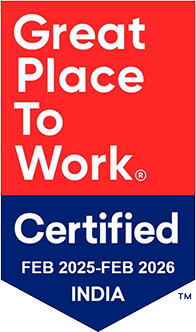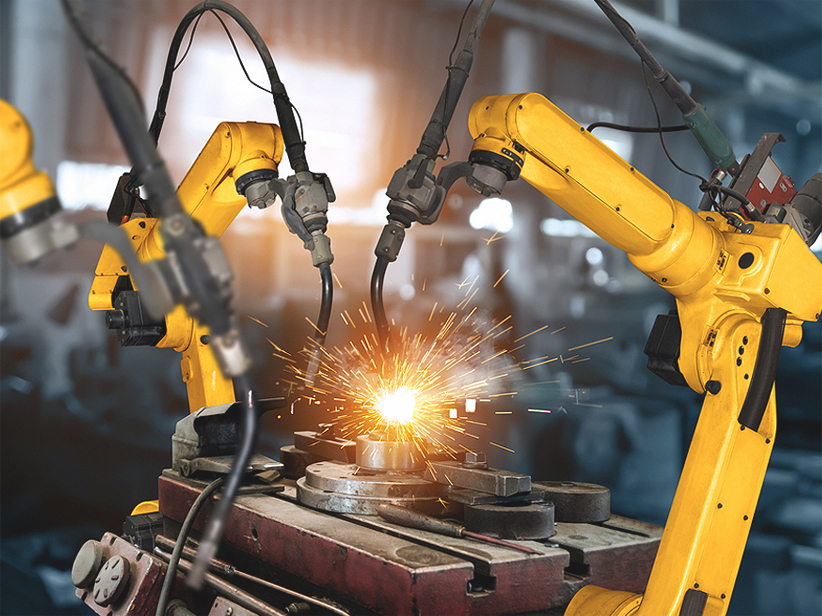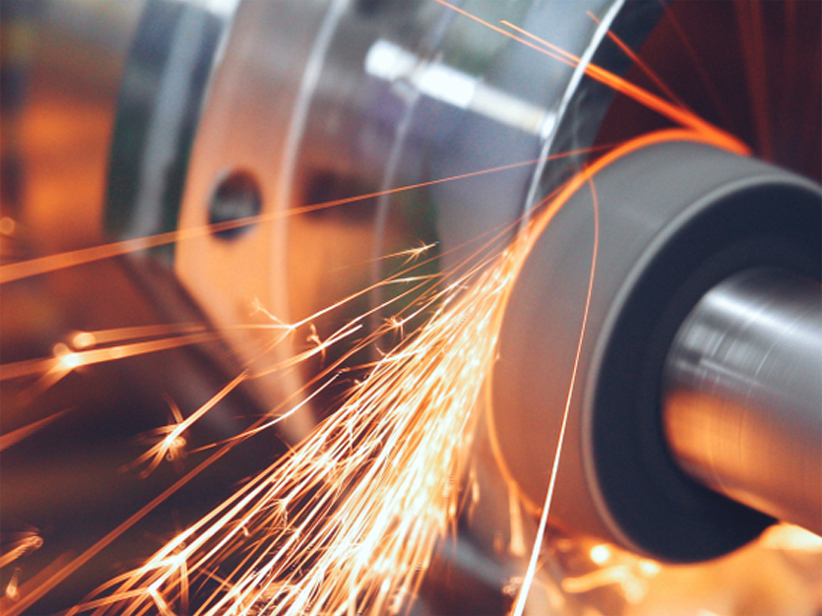A BRIEF OVERVIEW ON FOOD-GRADE STAINLESS STEELS WITH THEIR CHALLENGES & APPLICATIONS
As the FDA laws keep getting stricter by the year, every company involved in food manufacturing, handling, packaging, or even designing equipment for food storage and cooking are relying more and more on the advancements made by manufacturers of stainless steel in the food industry. Any grade of stainless steel is considered as ‘food-grade’ when it facilitates the managing of food materials in compliance with government safety standards and retains utmost purity and quality. Food-grade SS surfaces are designed to be less permeable, smoother, and highly resistant to food substances that are acids, alkalis, or chlorides, such as salt, which is frequently introduced to a steel’s surface during food processing.
Typically, food-grade SS materials consist of higher chromium content, which gives it the corrosion resistance property. And since most SS grades can sustain high-temperature levels, they are ideal for food processing plants where food is cooked in larger quantities. When it comes to corrosion-related issues, excessively aqueous and heated environments are the primary cause of it. Some of the common corrosion problems that SS materials have to withstand in such environments include:
This condition may occur when food products cause high stress and corroding effect on a metal simultaneously. The cracks are localized and are typically caused by chlorides, dissolved oxygen or other oxidizing species which have low pH levels.
Also known as Pinpoint corrosion, it is caused around deposits of certain impurities that hamper the chromium-to-iron ratio of the surface metal and forms deep pits. It mainly occurs due to chloride-rich solutions processed at higher than permitted levels of temperatures.
This is a galvanic type of corrosion that occurs in narrow, solution-containing crevices or sharp re-entrant features in a SS structure. You’ll generally find such corrosions occurring under washers, flanges, over soil deposits, or certain growths over the metal surface.
‘IGC’ or intergranular corrosion almost always occurs over welded SS parts, which are heated at high temperatures. Hence, it is also termed as ‘weld decay,’ where the borders of the welds corrode and start losing grains, making the joints weaker over time.
The AISI 316 grade is most widely used in highly acidic and alkaline food processing environments. Its high chromium and molybdenum content make it remarkably resistant to chemical reactions preventing any types of corrosion from forming. It is also among the few SS grades that can stand high operating temperatures maintained during food processing.
This is a ferritic alloy with fewer nickel contents than SS 316. Though it reduces its resistance to certain acidic substances, it is cheaper than the 300-series grades and can still be used for products that have organic or nitric acids but with necessary precautions. It is mostly used for creating parts that aren’t in direct contact with foods such as table surfaces, equipment cladding, panels, etc.
Like SS 316, it contains higher chromium composition, which makes it more resistant to acidic foods and solutions. However, it doesn’t perform well in the presence of chlorides, so its applications are limited to processing certain non-chloride foods only. Some 304 stainless steel food-grade equipment include vats, bowls, pipework, machinery parts for dairy industries, and breweries.
Other types of SS grades that have considerable applications in the food industry include:
- SS 420: Martensitic SS grade used for designing cooking containers, professional knives, spatulas, etc.
- SS 1.4539: Austenitic SS grade used in processing corrosive solid foods, stagnant, and slow-moving salty foods.
- SS 1.4462: Duplex SS grade that is sturdier than austenitic grades and shows good resistance to stress corrosion cracking in salt solutions at elevated temperatures.
To maintain the surface quality and durability of stainless steel, every industry must follow a thorough and frequent cleaning and disinfection plan. This plan will vary depending on the type of food substances a company processes and the grades of SS used. After consulting a SS manufacturer, the formulated cleaning plan may include any of the following operations
- Ordinary steam and water cleaning process
- Mechanized scrubbing of individual machinery
- Rinsing and cleaning with detergents and scouring powders
- Using alkaline solutions for eliminating rust from surfaces
- Using organic solvents for thorough cleaning
- Nitric acid cleaning process
For disinfecting SS surfaces based on their grades and applications in the food industry, one or a combination of the following disinfectants may be recommended:
Hypochlorites, chloramine, and other disinfectants help get rid of chlorines, which primarily cause salt deposits and pitting corrosions.
These salts are relatively less corrosive and do not cause any reactions, even in the presence of any halogen chemicals.
Disinfecting SS surfaces with Iodine compounds isn’t rare, but must be don’t after consulting the vendors.
Low concentrations of nitric acid solutions can be used to eliminate bacteria from SS equipment when used with appropriate time limitations. Dairies and sterilizing equipment are often cleaned with these solutions.
The key to getting the most out of your SS food-grade equipment with minimal maintenance is to find the right stainless steel supplier in India who produces food-grade SS materials that are best suited for your distinct industry. Venus Wires is one of the few stainless steel manufacturers in India who understand the ‘needs’ and ‘wants’ of today’s food industry and design top-of-the-line food-grade stainless steel products used for designing food storage, equipment, and machinery. If you visit the Venus website, you can have a look at our extensive product range and even enquire about the best food-grade stainless steel price-lists in India.







